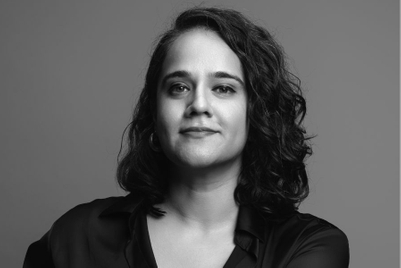When your working life has been spent exploring new technologies and possibilities, it’s a little strange to find yourself poring over ancient philosophies and classic tales. It can also be a bit lonely.
But when you’re looking into the past in the belief that it might have useful lessons for modern organizations to help them endure, you’ve got to be prepared for the possibility that the stories that really click with you might not mean as much to others once you share them.
For the past year and a bit I’ve been working on a new book about what I think businesses can learn from the legends of the past and the organisations of the present that we love, respect and admire. In the past few weeks, I’ve finally enough time between the day job at AKQA and the writing to catch up on happenings in today’s media. And it’s been a heartening process, because I no longer have to fret that I might be alone in feeling that going back can be a wise route to the future.
In a June posting on Politico.com that had around 200,000 Facebook likes within a couple of days of its publication, investor Nick Hanauer wrote an open letter about the minimum wage. He said,"The model ... should be Henry Ford, who realized that all his autoworkers in Michigan weren’t only cheap labor to be exploited; they were consumers, too."
In September, an Economist feature on the difficulties of U.K.-based supermarket chain Tesco concluded, "… [T]he mainstream grocers …have let … cut-price rivals steal customers … [A]fter all, the discounters are only following the advice of [Tesco’s] founder, Jack Cohen: pile it high and sell it cheap. …"
It’s the same message analysts had for Sainsbury’s when its fortunes dipped and stock system blipped at the start of this millennium. It's the consensus Wal-Mart’s critics and executives alike echo when they say Sam Walton’s founding principles are the company’s best hope for his company’s brightest future. However else you innovate and expand, your business will soon be in real trouble if you forget how to be a grocer that people love and trust.
The origin stories of now-giant brands used to be confined to folksy biographies and corporate websites, but now they’re being recited at the cutting edge of economic criticism. For me, this is a positive thing. With all the wonders and conveniences of modernity, it’s sometimes easy to forget all the hard-won wisdom accumulated over the history of humankind.
Some people call taking inspiration from the past "backward-thinking," but I think it can expand your future horizons rather than limit them. If you’re operating in a difficult climate, looking back to old business stories isn’t necessarily nostalgia. It can also be a way of cutting through to what really matters to your brand and your people. Given how bad financial experts and technocrats have been at forecasting the economic future, it seems natural that companies are returning to the basic values and stories that first made them great.
Entrepreneurs like Akio Morita, Henry Ford, Thomas Edison, Margaret Rudkin and Carrie Crawford-Smith have lessons for all of us. As do unsung business heroes like James Moulton, long championed by James Dyson.
In Tokyo in September, Dyson launched the 360 Eye, the company’s new robotic vacuum cleaner, the fruit of 15 years’ patient work. It was heartening to hear James Dyson describe the 360 Eye as the first "gimmick-free" robotic vacuum cleaner at the launch, because that meant work on the machine’s remote Dyson Link smartphone software that AKQA worked on was an integral part of the proposition.
That reminded me of the phrase, "The best advertising isn’t advertising," which at AKQA we’ve been instinctively using since the beginning. If the 20th century was the era of "advertising" – fantasies on billboards, jingles and graphics – engineered to distract from the interchangeability of mass-produced consumer-goods, then our time seems to be about meaningfully reconnecting producer, product and buying public, whether that’s the latest smart-chipped tech or the hand-made piece of modern craft.
Successful entrepreneurs have always embraced communication to get their core message to their public. Organizations of today can connect in ways their forerunners couldn’t have dreamed of, but they can also still learn plenty from the old masters.
Ajaz Ahmed is CEO of AKQA. Alongside Stefan Olander from Nike, Ajaz co-authored Velocity, the No. 1 selling business book. Ajaz’s new book Limitless – Leadership that Endures will be published in 2015."
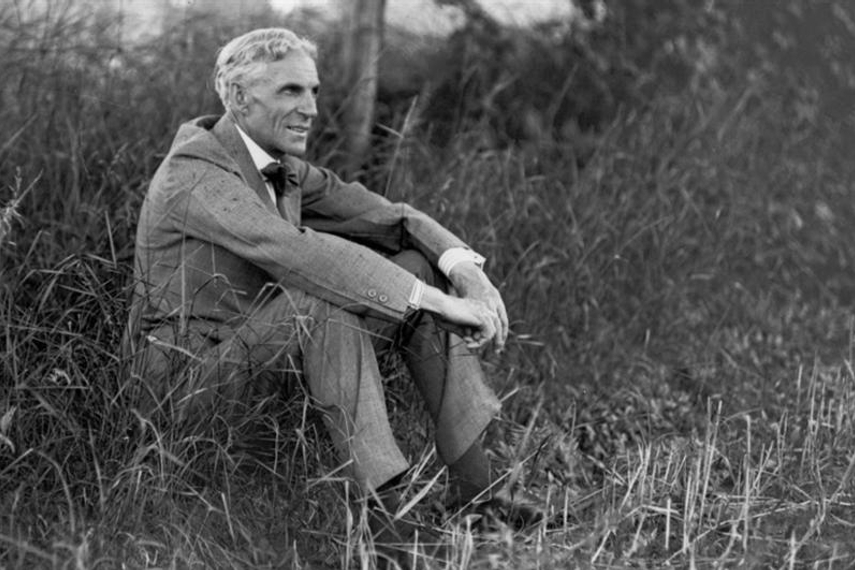



.jpg&h=334&w=500&q=100&v=20250320&c=1)
.jpg&h=334&w=500&q=100&v=20250320&c=1)
.jpg&h=334&w=500&q=100&v=20250320&c=1)




.jpg&h=334&w=500&q=100&v=20250320&c=1)


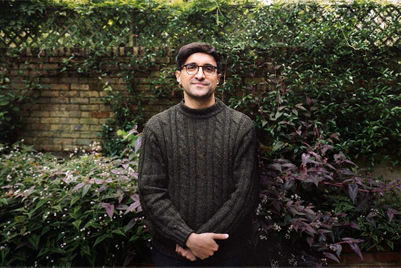
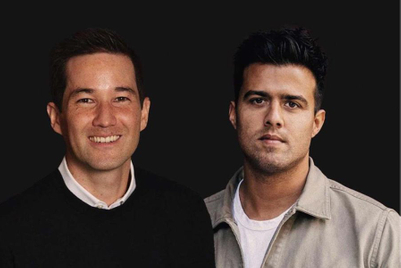

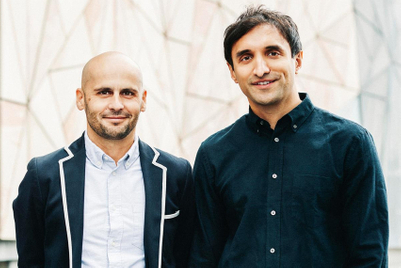
.jpg&h=268&w=401&q=100&v=20250320&c=1)
